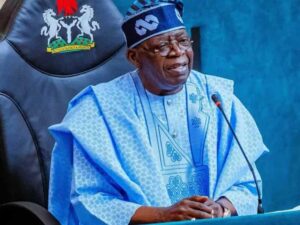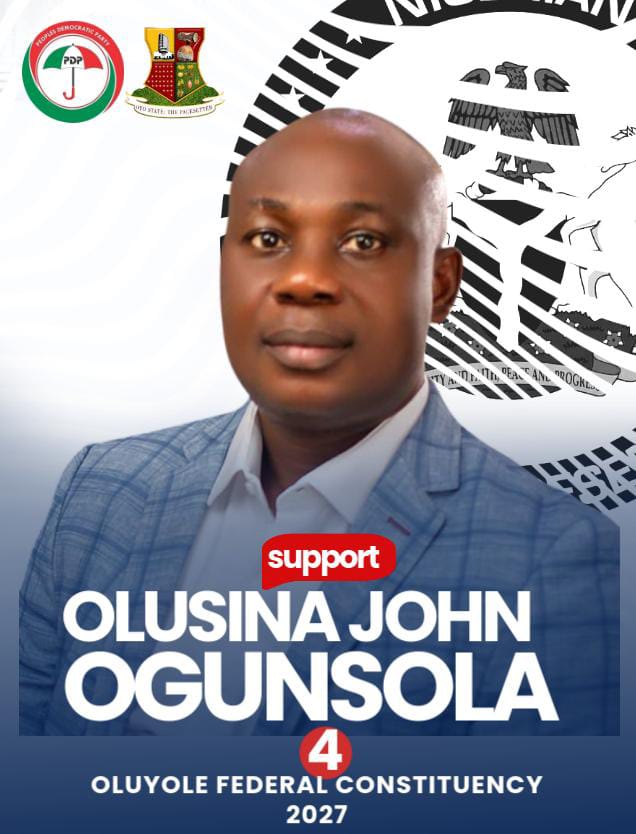I recently initiated a discussion among tax economists, fiscal policy analysts, and public finance experts regarding the new tax reform bills presented to Nigeria’s Green Chamber under President Tinubu’s administration. The primary objective of these reforms is to simplify and modernize the country’s tax system.

 This initiative has prompted an engaging debate, particularly focusing on the timing of the reforms and their specific provisions. What makes this discussion so dynamic? Let’s explore the details further!
This initiative has prompted an engaging debate, particularly focusing on the timing of the reforms and their specific provisions. What makes this discussion so dynamic? Let’s explore the details further!
Firstly, I commend the efforts of everyone involved in developing this tax reform policy under President Tinubu’s administration. This initiative marks a significant step forward in addressing some of the economic challenges facing Nigeria. The reform aims to consolidate various tax frameworks and laws into a single, streamlined structure, which should simplify compliance for both businesses and individuals.

This simplification is especially advantageous for small and medium enterprises (SMEs), as it encourages their growth and innovation by reducing bureaucratic hurdles.


However, it is essential to acknowledge the concerns raised by critics, who argue that implementing such comprehensive reforms during a period of economic hardship may further strain the population by decreasing disposable income and consumer spending.
Many Nigerians are understandably cautious about whether the anticipated increase in tax revenues will result in improved infrastructure and services, given past experiences with governance and resource management.
Moving forward, it will be crucial for the government to demonstrate transparency and effective use of these funds to instill confidence in the public and ensure that the benefits of this reform are realized by all.

The critics acknowledged that the proposed tax reforms include thoughtful provisions aimed at protecting vulnerable businesses and individuals, as well as measures designed to alleviate the challenges posed by multiple taxation. Furthermore, the redesign of the tax system is intended to promote greater transparency and accountability.
However, the suggested increase in VAT (from 7.5% to 15% by 2030) and corporate taxes has raised concerns about its potential impact on the economic challenges currently faced by citizens and businesses, particularly in light of ongoing inflation and cost-of-living issues.
Stakeholders from Northern states have expressed worry that these reforms could disproportionately affect their regions, which historically experience lower economic activity compared to the South. It will be important for the government to address these concerns to ensure equitable economic growth across all regions.
The reform policy has been thoughtfully examined, revealing a commitment to enhancing efficiency and minimizing disputes through the adoption of technology-driven tax collection processes.
The establishment of a proposed Joint Revenue Board and tax tribunals is designed to offer fairer mechanisms for resolving tax disputes.
Additionally, the focus on increasing taxes for large corporations and implementing excise duties in sectors such as gaming is aimed at generating vital funding for essential programs, including education and public infrastructure.
This approach reflects a proactive step towards creating a more equitable tax system that supports the community’s needs.
Advocates believe that the proposed reforms have the potential to modernize Nigeria’s fiscal system, bringing it in line with international best practices and fostering an environment that attracts foreign investment. While there may be some resistance to these changes from lawmakers, governors, and citizens, addressing their concerns proactively could lead to successful implementation and enhanced effectiveness of the reforms.
In summary, the proposed reforms have the potential to create a fairer and more efficient tax system that can effectively generate revenue for development.
Their success will be greatly influenced by the timing of implementation, meaningful public engagement, and a commitment to transparency. Striking a balance between economic stability and equitable taxation will be essential for achieving these goals.
Written by:
Amoye Adeyemi Sodiq,
The Founders and President,
Mr Learner Supports Foundation

You can get every of our news as soon as they drop on WhatsApp ...To get all news updates, Join our WhatsApp Group (Click Here)
















